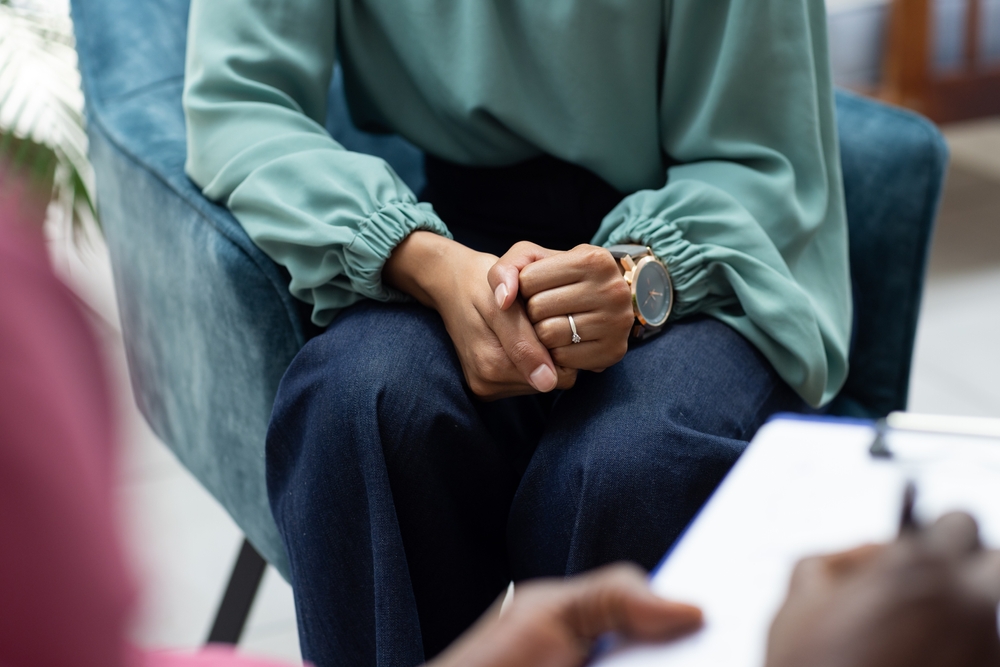Prioritizing Mental Health as a Sickle Cell Warrior, Caregiver, and Healthcare Worker
As an individual living with sickle cell, caregiver, or healthcare worker, you may be accustomed to prioritizing physical health needs above all else. However, mental health is critical for overall well-being and should not be ignored. Although mental health challenges can be stigmatized and overlooked in the Black community, it is important to erase the stigma and seek the care that is needed. In this mental health toolkit, we discuss the importance of prioritizing mental health as a sickle cell warrior, caregiver, or healthcare worker and how therapy can help to achieve that goal. This resource is a sample of what is offered in the Sickle Cell Community. If you have additional resources please let us know by clicking here.










